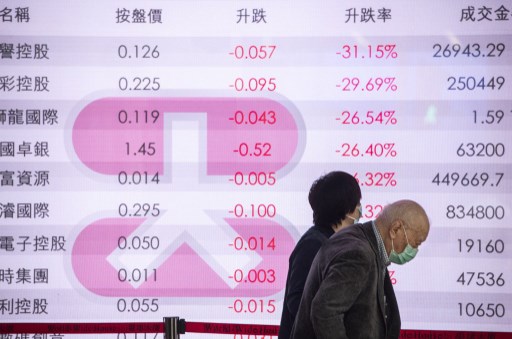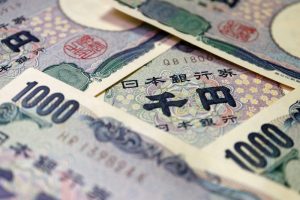High inflation will continue to impact Asia’s economies next year, economists have warned, with prices set to remain stubbornly high forcing central banks to stick to their punishing tightening regimes well into 2024.
Several central banks are still expected to begin cutting interest rates by the middle of next year, but a growing number of economists surveyed are adjusting their views, pushing the more likely date into the second half of the year.
This is a significant change from expectations at the start of this year. Then, some investment banks were predicting the US Federal Reserve, which sets the tone for many others, would be cutting rates right around now.
Also on AF: Huawei’s China Smartphone Sales Soar, Closes Gap on Apple
Despite broad success in bringing inflation down from its highs, prices are still rising faster than most of Asia’s central banks would prefer and hitting their inflation targets is likely to be tough.
The latest Reuters poll of over 500 economists produced 2024 growth downgrades and inflation upgrades for a majority of the 48 economies around the world surveyed.
The Reserve Bank of New Zealand, which often leads the interest rate cycle, is forecast to wait until July-September 2024 before cutting.
The majority backing no cuts until the second half of 2024 has also grown stronger for the Reserve Bank of Australia, Bank Indonesia and the Reserve Bank of India.
Even the Bank of Japan, the outlier sticking to ultra-loose policy through this entire round of inflation, is now expected to abandon negative interest rates next year.
The survey results follow news on Thursday the US economy unexpectedly grew nearly 5%, annualised, in the third quarter, underscoring how the strength of the world’s largest economy is setting it apart from most of its peers.
Rapid Series of Cuts Way Off
The survey results also follow a warning from European Central Bank President Christine Lagarde, who said after the ECB snapped a 10-meeting tightening streak that “even having a discussion on a cut is totally, totally premature”.
While many central banks, including the Fed and the ECB, have presented a “higher for longer” narrative on rates for the better part of this year, many economists and financial market traders have been reluctant to accept that view.
Crucially, most economists agree the first easing steps will not be the beginning of a rapid series of cuts.
Asked what would prompt the first cut by the central bank they cover, over a two-thirds majority, 149 of 219, said it would be simply to make real interest rates less restrictive as inflation falls.
Global economic growth was forecast to slow to 2.6% next year from an expected 2.9% this year.
“Central banks have had the highest rates in order to fight inflation … it’s certainly restraining activity, and it’s going to be a while before we get global growth above what has been its historical average,” said Nathan Sheets, global chief economist at Citi.
- Reuters with additional editing by Sean O’Meara
Read more:
Chinese Industry Extends Turnaround as Profits Rise Again
Nomura Reviewing China Plans as Shanghai JV Losses Mount
Hang Seng, Nikkei Rally on US Inflation Hopes, China Data
Standard Chartered Reveals $1bn China Property, Banking Hit
























